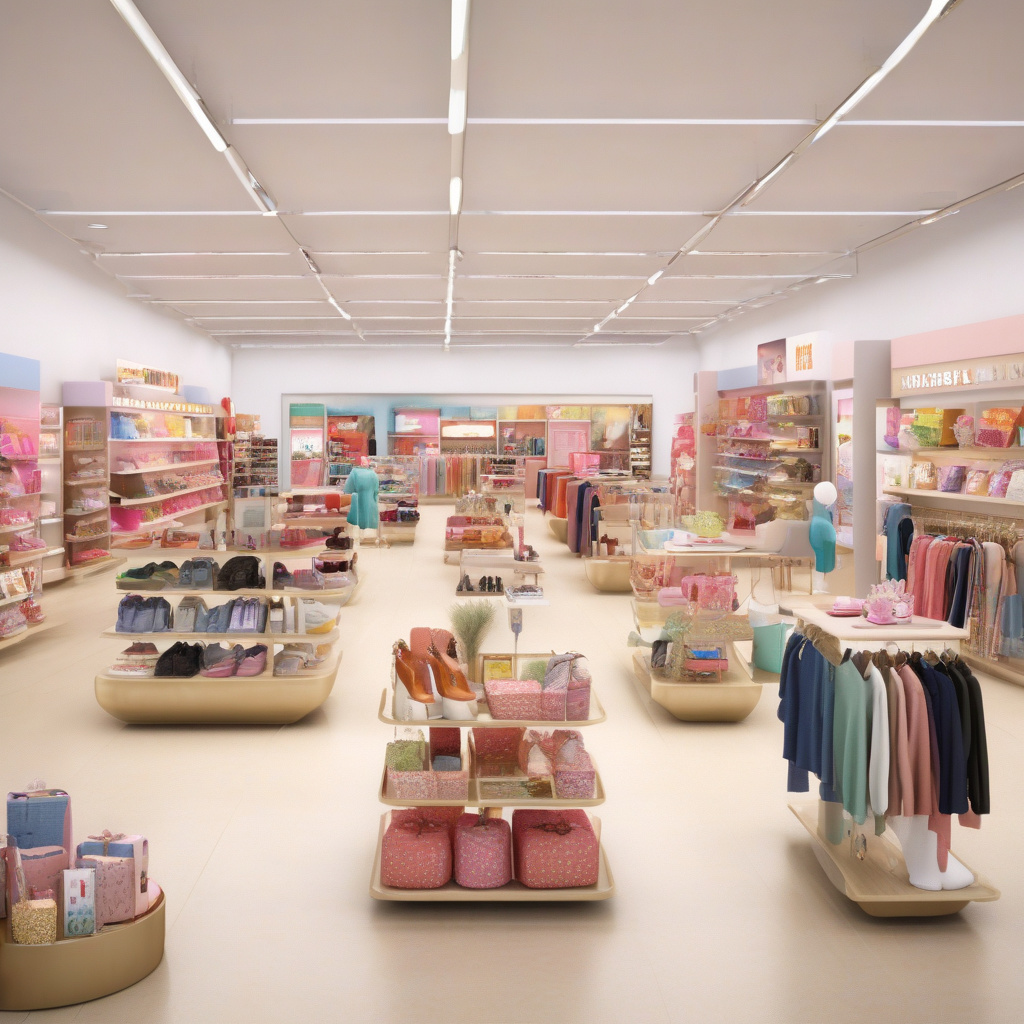In-Store Experience Proving Influential with Millennial Shoppers
The retail landscape is witnessing a significant transformation as millennials increasingly prioritize the in-store shopping experience. While e-commerce continues to thrive, the physical store environment remains a powerful tool for brands looking to engage with this demographic. Understanding the nuances of millennial preferences can help retailers tailor their strategies to create a more compelling shopping experience.
Millennials, those born between 1981 and 1996, are often characterized by their tech-savviness and strong desire for personalization. These traits not only influence their online shopping habits but also shape their expectations for in-store experiences. A report from the National Retail Federation indicates that 71% of millennials prefer to shop in physical stores rather than online, underscoring the importance of creating a memorable in-store experience that resonates with this age group.
One of the key factors influencing millennial shopping behavior is the desire for a unique, immersive experience. Retailers can capitalize on this trend by designing stores that reflect their brand identity while also engaging customers on a deeper level. For instance, the pop-up store phenomenon has gained traction among millennials, who appreciate limited-time offerings and exclusive experiences. Brands like Glossier and Nike have successfully utilized pop-up shops to create buzz and foster a sense of community among shoppers, ultimately driving foot traffic and sales.
Another aspect of the in-store experience that appeals to millennials is the integration of technology. According to a survey conducted by Deloitte, 57% of millennials are more likely to shop at a retailer that utilizes technology to enhance the shopping experience. This includes features such as augmented reality (AR) fitting rooms, mobile apps that facilitate contactless payments, and interactive displays that provide product information. Retailers like Sephora and IKEA have embraced these technologies, showcasing how they can elevate customer engagement and streamline the shopping process.
Personalization also plays a significant role in attracting millennial shoppers to physical stores. By leveraging data and customer insights, retailers can tailor their offerings to meet the specific preferences of this demographic. For example, stores that offer personalized recommendations based on past purchases or preferences can create a sense of loyalty and drive repeat visits. Additionally, offering unique experiences such as workshops or events can further strengthen the bond between the brand and the customer.
The importance of social media cannot be understated when discussing the millennial shopping experience. This generation is highly influenced by online platforms, and retailers that create Instagram-worthy moments in-store can encourage customers to share their experiences with their followers. A study by the American Express and the National Retail Federation found that 60% of millennials are likely to share their in-store experiences on social media. Retailers that optimize their in-store environments for social media sharing can benefit from organic marketing and increased brand visibility.
Moreover, sustainability and ethical practices are key considerations for millennials when choosing where to shop. Brands that demonstrate a commitment to social responsibility and eco-friendly practices are more likely to earn the loyalty of this demographic. Retailers can enhance the in-store experience by showcasing their sustainability efforts, whether through eco-conscious product selections, recycling initiatives, or transparent supply chains. For example, brands like Patagonia have built a loyal following among millennials by promoting their commitment to environmental conservation and ethical sourcing.
Lastly, the role of customer service in the in-store experience cannot be overlooked. Millennials tend to favor brands that prioritize exceptional customer service and create a welcoming atmosphere. Retailers can train their staff to be knowledgeable, friendly, and approachable, ensuring that customers feel valued during their shopping trips. Implementing a feedback loop where customers can share their experiences and suggestions can also enhance the overall shopping experience and foster long-term loyalty.
In conclusion, the in-store experience remains influential in attracting millennial shoppers, who prioritize personalization, technology integration, and social responsibility. Retailers that adapt to these preferences can create engaging environments that resonate with this demographic, ultimately driving sales and building lasting relationships. As the retail landscape continues to evolve, understanding and enhancing the in-store experience will be crucial for brands aiming to capture the millennial market.
retail, millennials, in-store experience, customer engagement, brand loyalty
